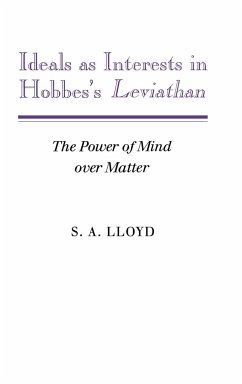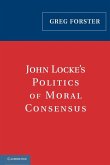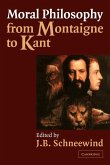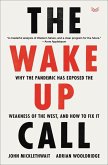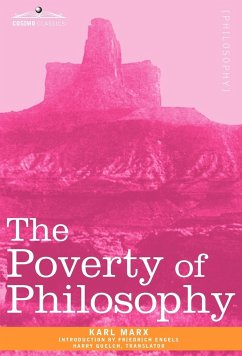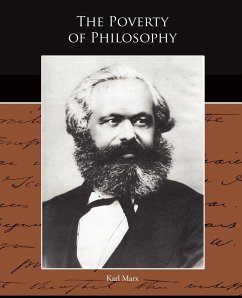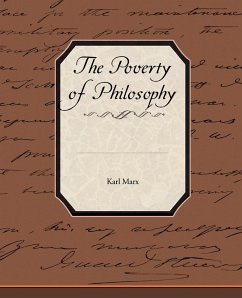S. A. Lloyd proposes a radically new interpretation of Hobbes's Leviathan that shows transcendent interests--interests that override the fear of death--to be crucial to both Hobbes's analysis of social disorder and his proposed remedy to it. Most previous commentators in the analytic philosophical tradition have argued that Hobbes thought that credible threats of physical force could be sufficient to deter people from political insurrection. Professor Lloyd convincingly shows that because Hobbes took the transcendence of religious and moral interests seriously, he never believed that mere physical force could ensure social order. Lloyd's interpretation demonstrates the ineliminability of that half of Leviathan devoted to religion, and attributes to Hobbes a much more plausible conception of human nature than the narrow psychological egoism traditionally attributed to Hobbes. Recognizing the religious and moral interests that could drive human beings even to the point of self-sacrifice, Hobbes undertakes to redescribe those transcendent interests that fuel civil strife in order to show his readers that their interests, once properly understood, give them overwhelming reasons to adhere to a principle of political obligation that could, if generally followed, ensure perpetual domestic stability. In the concluding chapter the author argues that Hobbes succeeded in providing a powerful original method for resolving conflict rooted in transcendent interests, a method that may be usefully applied to problems in contemporary political philosophy.
Hinweis: Dieser Artikel kann nur an eine deutsche Lieferadresse ausgeliefert werden.
Hinweis: Dieser Artikel kann nur an eine deutsche Lieferadresse ausgeliefert werden.

